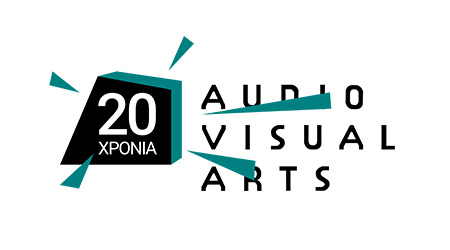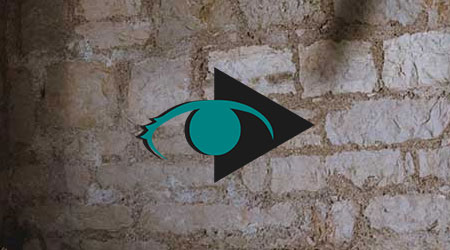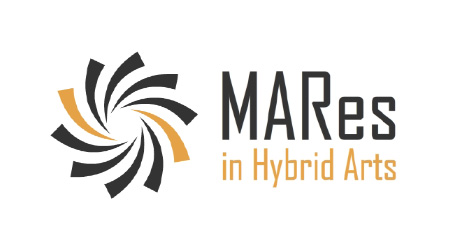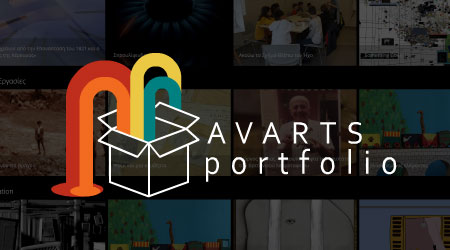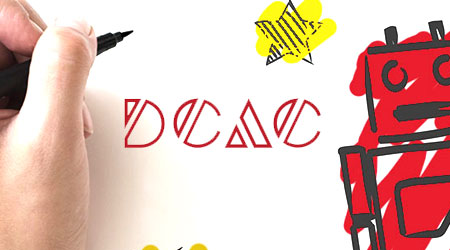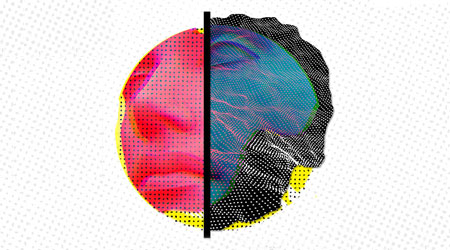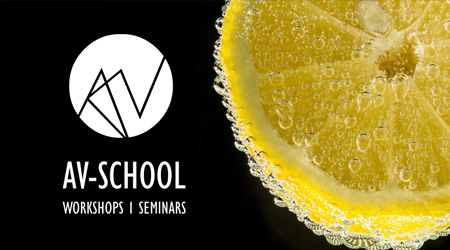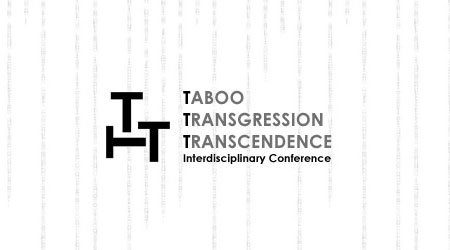Art and Law
Teaching Staff: Aslanidi Maria
Course Code: THE901
Course Category: General Background
Course Type: Elective
Course Level: Undergraduate
Course Language: Greek
Delivery method: Lectures
Semester: 9th
ECTS: 4
Teaching Units: 2
Teaching Hours: 2
E Class Page: https://opencourses.ionio.gr/modules/contact/index.php?course_id=2090
Teaching Structure:
| Activity | Semester Workload |
|---|---|
| Lectures | 13 |
| Tutoring Lectures | 13 |
| Literature Study and Analysis | 48 |
| Practice and Preparation | 26 |
| Course Total (ECTS: 4) | 100 |
Special issues of cultural property. Copyright in the digital era. The concept of creator today (collective works of art, works of art on the Internet). Exceptions in favour of education, research, justifiable use and private reproduction. Collective management of copyrights, agreements concerning the assignment of managing of copyrights to collective management organizations. The law and the Internet. Legal prerequisites regulating issues of acquisition, legal possession, trading and transportation of private cultural property. Data bank production, creator’s/producer’s copyright. Public domain and access to information. Freedom of expression. Freedom of art, prohibition of censorship. Freedom of the press. The right to receive and disseminate information.
This course focuses on legal issues related to arts and explores the artists’ rights in their work of arts, specifically property rights-related matters, including copyright, moral rights and resale rights while examining issues relating to licence agreements with third parties.
Students will be acquainted with the Greek Law on Copyright as well as with Codes of Integrity and Ethics and their implementation in arts, research, museums and arts galleries.
By the end of this course students will be expected to achieve the following:
- Basic knowledge and understanding of substantive and procedural copyright law and codes of integrity specifically for works of art.
- Basic understanding and ability to discern between the various forms of copyrighted works of art and knowledge of the basic theory and genres of cultural products/works of art, legal possession and management-related issues.
- Basic knowledge of freedom of speech and expression regarding works of art specifically, free access to information, free access on arts-related research.
1st Week: Introduction. Synopsis of the history of Copyright. Foundations of Copyright Law. Ethics. Code of Integrity.
2nd week: Intellectual property. Copyright. Industrial property. Understanding the work of art through the lenses of the legal context.
3rd week: Creator. Originality. Rights. Exceptions. Collective Management Organizations. Licences. Public Domain. Orphan works. Anonymous/Pseudonymous works.
4th week: Freedom of art. Constitutional Compromise. Extent of content. Conflict with other constitutional rights. Case studies on freedom of art nationally and globally.
5th week: Basic concepts of cultural goods. Categories and distinctions. Public ownership. Collector: concept and requirements/prerequisites. Depiction of monuments.
6th week: Access and use of monuments and sites. Fees categories related to accessibility, reproduction and distribution of reproductions of monuments. Practical approaches and implementation.
7th week: Museums. Auctions. Art dealers. Codes of Ethics for Museums. Integrity of exhibits, of collecting, of visitors, of professionals.
8th week: Infringement. Piracy. Internet protection. Consequences of piracy.
9th week: Artificial intelligence and art: Reflections, legal and theoretical approach perspectives. Case studies.
10th week: International Law Framework. Fair Use. Fair Dealing. European Legislation-EU law. Free-Culture and Open Initiatives. Creative Commons Licences. Types of Music Licensing.
11th week: Derivatives. Correlations to original work, creator identification, rights clearance.
12th week: Presentation of assignments.
13th week: Presentation of assignments and summing-up.
-
- Ασημακόπουλος, Γ. (2015). Άδειες χρήσης περιεχομένου του πλαισίου αδειοδότησης Creative Commons [Διαφάνειες]. Στο Παρασκευάς, Μ., Ασημακόπουλος, Γ., & Τριανταφύλλου, Β. 2015. Κοινωνία της πληροφορίας [Προπτυχιακό εγχειρίδιο]. Κάλλιπος, Ανοικτές Ακαδημαϊκές Εκδόσεις. κεφ 5. http://hdl.handle.net/11419/403.
- Καλλινίκου, Δ. (2021). Πνευματική ιδιοκτησία & Συγγενικά Δικαιώματα.(4η εκδ.). Αθήνα: Σάκκουλας.
- Κανελλοπούλου-Μπότη, Μ. (2023). Μουσεία και δίκαιο. Θεσσαλονίκη: Σάκκουλας.
- Κυριάκη-Μάνεση, Δ., & Κουλούρης, Α. (2015). Διαχείριση ψηφιακού περιεχομένου [Προπτυχιακό εγχειρίδιο]. Κάλλιπος, Ανοικτές Ακαδημαϊκές Εκδόσεις. http://hdl.handle.net/11419/2496.
- Lessig, L. (2002). The future of ideas: the fate of the commons in a connected world. New York: Vintage Books.
- Lectures
- Powerpoint presentations
- Posting lectures
- Posting home-assignments
- Posting links and bibliography for further study
- Posting exams-related material
- In-class practice
- Home-assignments
- Discussion
- The learning process is enhanced by the asyncrhonous e-learning platform Ionio Open eClass (https://opencourses.ionio.gr.)
- Multimedia content, webtools, resources and sources
Students’ evaluation includes the following:
-
- Assignment + Presentation
- Final exams
- Final grade = 70% exams + 30% assignment
Back
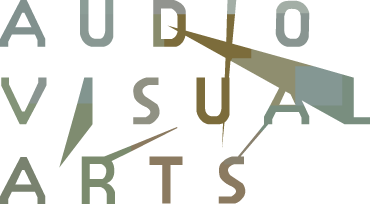


 Art and Law
Art and Law
